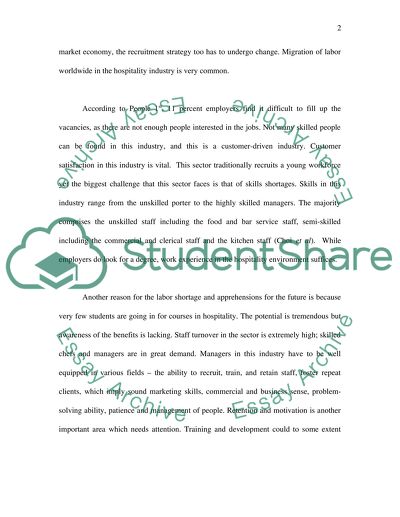Cite this document
(Population and Immigration in Relation to Hospitality Market in the UK Essay, n.d.)
Population and Immigration in Relation to Hospitality Market in the UK Essay. Retrieved from https://studentshare.org/human-resources/1535723-population-and-immigration-in-relation-to-hospitality-market-in-the-uk
Population and Immigration in Relation to Hospitality Market in the UK Essay. Retrieved from https://studentshare.org/human-resources/1535723-population-and-immigration-in-relation-to-hospitality-market-in-the-uk
(Population and Immigration in Relation to Hospitality Market in the UK Essay)
Population and Immigration in Relation to Hospitality Market in the UK Essay. https://studentshare.org/human-resources/1535723-population-and-immigration-in-relation-to-hospitality-market-in-the-uk.
Population and Immigration in Relation to Hospitality Market in the UK Essay. https://studentshare.org/human-resources/1535723-population-and-immigration-in-relation-to-hospitality-market-in-the-uk.
“Population and Immigration in Relation to Hospitality Market in the UK Essay”, n.d. https://studentshare.org/human-resources/1535723-population-and-immigration-in-relation-to-hospitality-market-in-the-uk.


